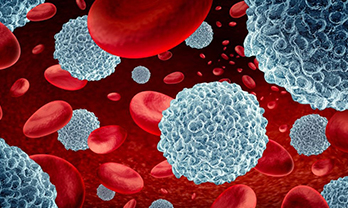Our Services

White Blood Cell Disorders
White blood cell (WBC) disorders are conditions that affect the body’s immune cells, which help fight infections and protect against disease. These disorders can cause either abnormally low WBC counts (leucopenia) or high WBC counts (leukocytosis), leading to increased risk of infections or underlying health complications.
Symptoms may include:
Causes may include:
Treatments
Treatment varies depending on whether the WBC count is low or high, and may include:
Prevention
Although not all WBC disorders can be prevented, risks can be reduced by:
